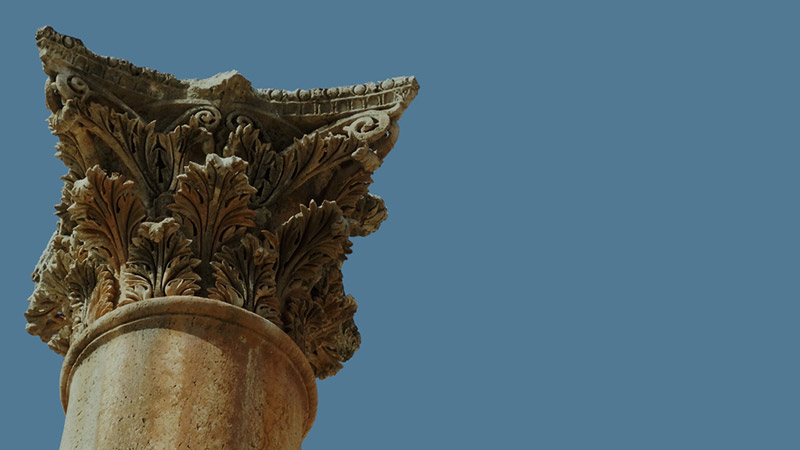Select Marker to See Location Name
You Searched "Iron of culture"
-
Volume 16
Volume 16 | Cultures In Conflict
-
Volume 15
Volume 15 | A Clash of Kingdoms
-
Volume
15.2 | The Believers
-
Volume 8
Lesson 8.1 | How Big is Our God?
-
Volume 6
Lesson 6.4 | Living Stones
-
Volume 1
Volume 1 | Promised Land
- LOAD MORE
- SHOW ALL















































